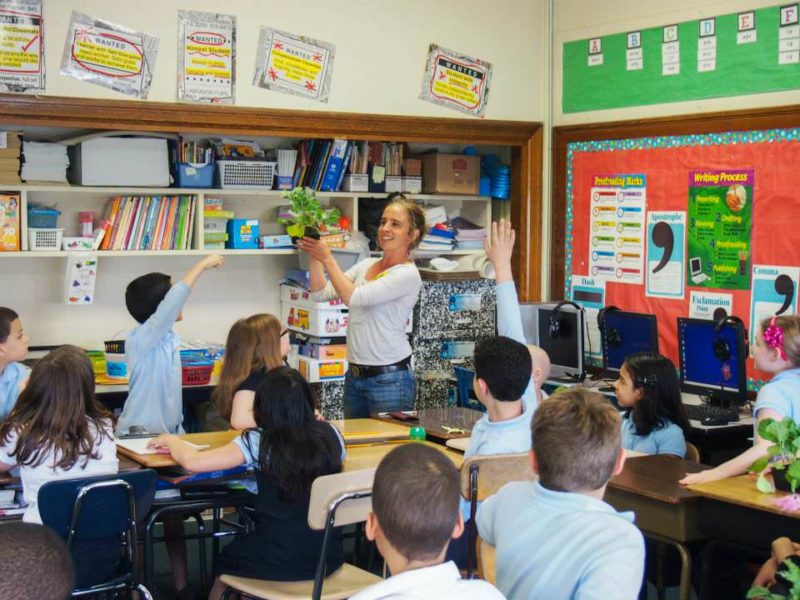
Share On Social!
Farms, gardens, and schools are connecting in northeastern Pennsylvania. Working to incorporate more fresh vegetables and healthy food access to the area, schools are partnering with local farms and applying for Farm-to-School Grants.
Lehigh Valley Chapter of Buy Fresh Buy Local (BFBFLGLV) works with schools and farmers to improve children’s diets. Many free summer lunch programs were not able to offer more than a slice of tomato and lettuce for a sandwich. Knowing this, the organization started making connections with school administrators, farmers, and local activists. Bringing in samples of fresh vegetables to classes, farmers invited kids to try new vegetables and informed the kids about the life of a farmer. Show and tell didn’t stop there, as farmers and teachers then worked together to provide curriculum for the classes that help educate students about the benefits of eating local fresh foods. Partnering with schools to provide Farm-to-School efforts and funds, the BFBFLGLV hopes to have school cafeterias buy food from local farmers.
Also, in State College Pennsylvania, the State College School District is providing local foods to students through their programs. Combining the schools community garden, sourcing from local farmer’s markets and bringing in specific curriculum, Megan Schaper, the Food Director is working with teachers to make the programs a success. Even in biology class, teacher Jack Lyke uses a aquaponics system to engage students about local foods, growing lettuce and even their own tilapia.
More efforts are needed as well as funding to make local fresh foods in schools effective in changing kid’s diets. However, teachers who implement these curriculums agree that the more a student knows about the food, and grows a food themselves, the more likely they are to try it and consume more vegetables in their diet. Pennsylvania is known as one of the states with a growing and diverse population of Latinos in recent years. Studies show that when Latino kids have less access to unhealthy vending machines and foods in schools, and more access to fresh foods and strict school nutrition policies, they are more likely to have a healthy weight.
To read more on the Farm-to-School growth in Pennsylvania, click here.
By The Numbers
142
Percent
Expected rise in Latino cancer cases in coming years



